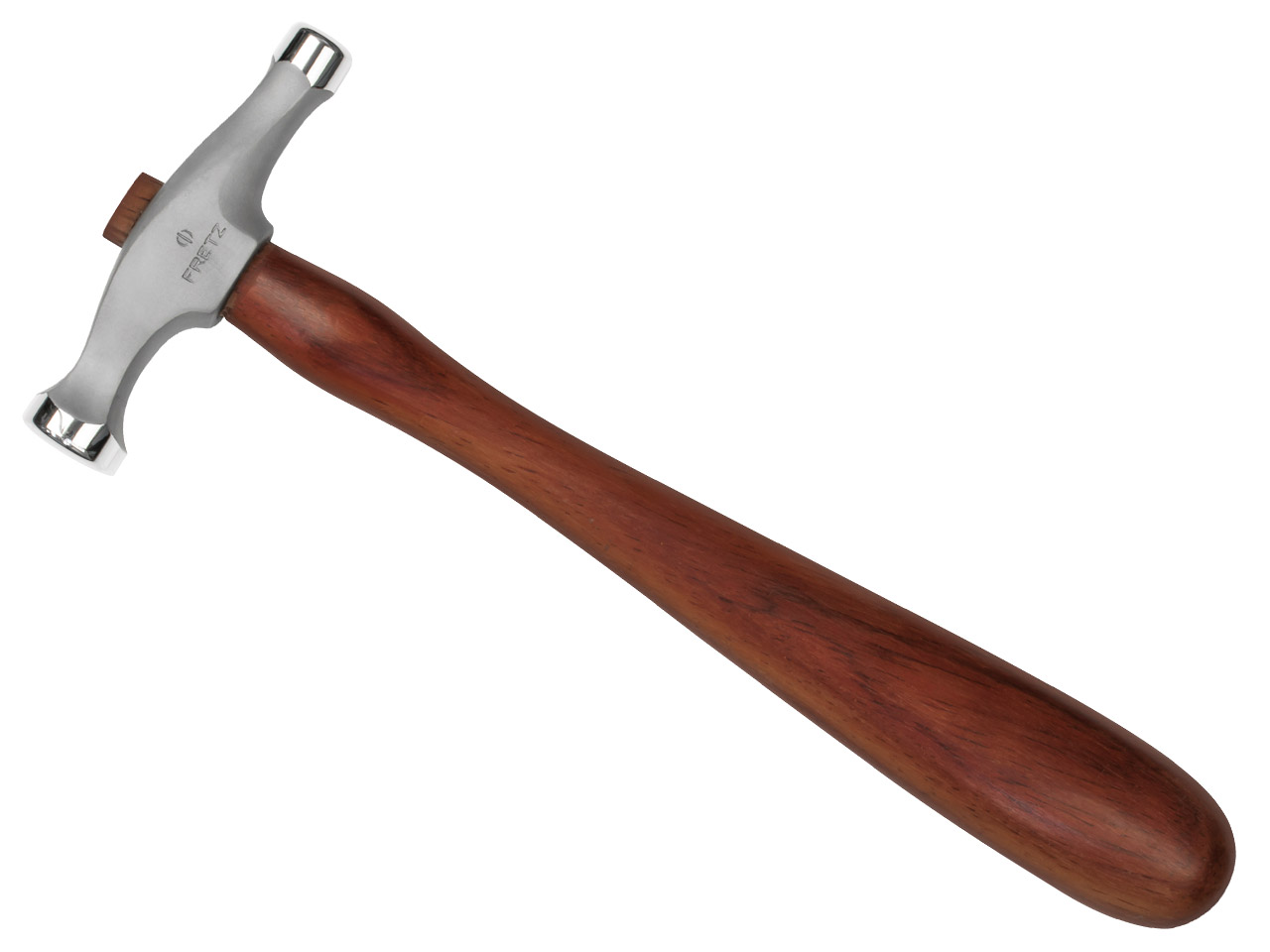These types of hammers are designed for driving small delicate nails.
Difference between sheet metal hammer and standard hammers.
It also has a magnetic end to help place small nails and tacks.
Standard claw hammers come in weights from 8 to 16 oz.
Tack hammers are best for.
The metal at these points is not hardened as the striking face and could be damaged.
Malco s setting hammers come in two different grips leather sh3 or vinyl sh3v gripped.
As the hammer drill spins the bit chisels away at the masonry.
The sh3 sheet metal hammer is made with a molded on vinyl grip.
Claw hammers are the most common type of hammer and probably the one that comes to mind when most people think about a hammer.
The hammer s mass is concentrated in the strike zone to.
They are very versatile and can be used for a great many jobs so are an absolute must for any tool bag.
Hammer drills and rotary hammers also called rotary hammer drills both produce a pounding force that makes them extremely efficient at blasting through masonry.
Hammer heads are almost universally steel but other hardened alloys may be implemented.
The mechanical process that delivers this pounding action is what separates the two tools.
Framing hammers used mostly in construction have head weights from 20 to 32 oz a longer handle for more power and a rip claw.
The hammer is a simple tool which is employed across a large array of workforces.
This hammer is used on the outside surface of the metal with the sheet positioned on the raising stake at a slight angle.
In fact it differs quite considerably from a standard hammer in look feel and design altogether.
The most common weights are from 16 to 24 ounces 455 680g.
Tack hammers are very small very lightweight hammers.
The main difference between hammers and mallets is the construction of the hammer head and its intended application.
Advice for using hammers.
The leather grip of malco s sh3 sheet metal hammer conforms a permanent bond between the user s hand for ultimate comfort and ease of use.
This isn t to say that a normal hammer isn t useful in plastering it s just that the standard hammer is used for things other than drywall such as for careful removal of old plaster from brickwork in the preparation part at the beginning.
Using metal bars heated up to 2350 f the process of creating a hammerhead is challenging to say the least.
Always use the right hammer for the job it will make the job easier and avoid possible damage to the hammer workpiece.
Used in conjunction with a raising stake to form sheet metal into bowls vases and other hollow forms.
From the no nonsense sledgehammer to the delicate mechanics hammer any balance between brute force and precision impact can be created.
The first hammer dates back to 2 400 000 bc when stones were used to exert brute force.
The cross sections of both faces are rectangular with a slight vertical curve.

